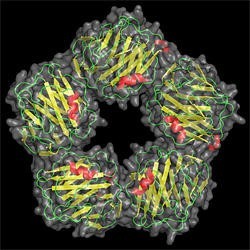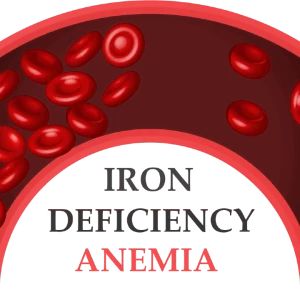
1. Alanine transaminase (ALT) and aspartate aminotransferase (AST): These tests indicate that the liver is functioning proper and purifying the blood. In case these levels are high the liver cells are most likely damaged and it is unlikely that they are purifying the blood properly
2. Alkaline phosphatase (ALP): Higher readings suggest liver disease or bile duct blockages and due to this there may be a building up of the toxins in the body which cannot be cleared and detoxified by the liver
3. Gamma Glutamic Acid: This is a very sensitive test and indicates minimal liver damage. This can be the earliest indication that liver is not working properly
4. Albumin: If levels are low, this suggests a lot of lost liver tissue and hence the functional tissue of the liver is decreased.
5. Total protein: This indicates that the liver has lost the capacity to make proteins that are important for blood clotting and also for the proper functioning of the body
6. Total bilirubin, conjugated bilirubin: It is important to monitor this level – in case this is increased this means that the liver is unable to function properly and maintain the proper conditions of the body
7. Ammonia – Ammonia levels are normally detoxified in the liver. This ammonia is the end result of the protein breakdown. When the ammonia levels increase that indicates failure of the liver to detoxify and remove toxins from the body






